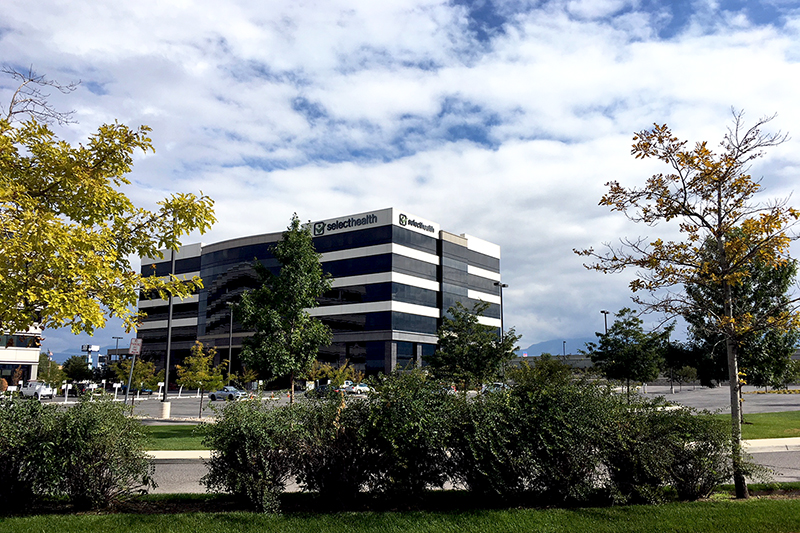What is HPV and why is vaccination necessary?
Vaccination in adolescence is an essential step in preventing certain cancers later in life

HPV (human papillomavirus) is a common sexually transmitted infection that can lead to several cancers, including cervical, mouth, and throat cancers. The vaccine helps prevent infection from the different types of HPV that are most often linked to several cancers.
The American Cancer Society says more than 37,000 cases of HPV-related cancers are diagnosed each year. These rates can be decreased with the HPV vaccine. In fact, vaccination can prevent more than 90% of HPV cancers when the shot is given at the recommended ages.
Who can get the HPV vaccine?
The HPV vaccine is recommended for children (both boys and girls) starting at age nine for maximum benefit. This is because vaccinations are most effective when given before any exposure to the virus.
It’s still possible to vaccinate your older child if they haven’t had it. Teens and young adults up to age 26 can still get the vaccine.
If you are 27 to 45, it’s a good idea to talk with your primary care provider about whether the vaccine is right for you. Although it is most effective at younger ages, it can still offer benefits depending on your risk factors.
The CDC advises that pregnant women wait to get the vaccine series until after pregnancy.
HPV vaccine dosing schedule.
According to the CDC, two doses are recommended for most children who start the HPV vaccine series before their 15th birthday. The second dose should be given between 6 and 12 months after the first dose.
A third dose will be needed if the two doses are given less than five months apart.
Teens and young adults who start the vaccine series between ages 15 and 26 and those with weakened immune systems need a three-dose schedule. The doses should be given at 0 months, 1 to 2 months, and 6 months. It’s important to follow this schedule to ensure the patient gets the vaccine's full protection.
Related: How Screenings Can Prevent Cervical Cancer
It’s always a good time to prevent cancer.
HPV is very common, so preventing the virus that causes six different kinds of cancer is vital.
The vaccine is very effective and can provide protection for your child from HPV-related disease and cancers for life. Talk to your child’s primary care provider to learn more about the HPV vaccine and how it can protect against many cancers.
To find a primary care provider, use the Find Care tool on Select Health’s website.




